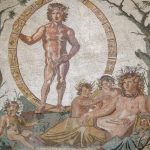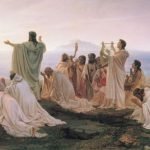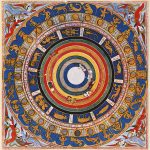We are born at a given moment, in a given place and, like vintage years of wine, we have the qualities of the year and of the season of which we are born. Astrology does not lay claim to anything more. ~Carl Gustav Jung
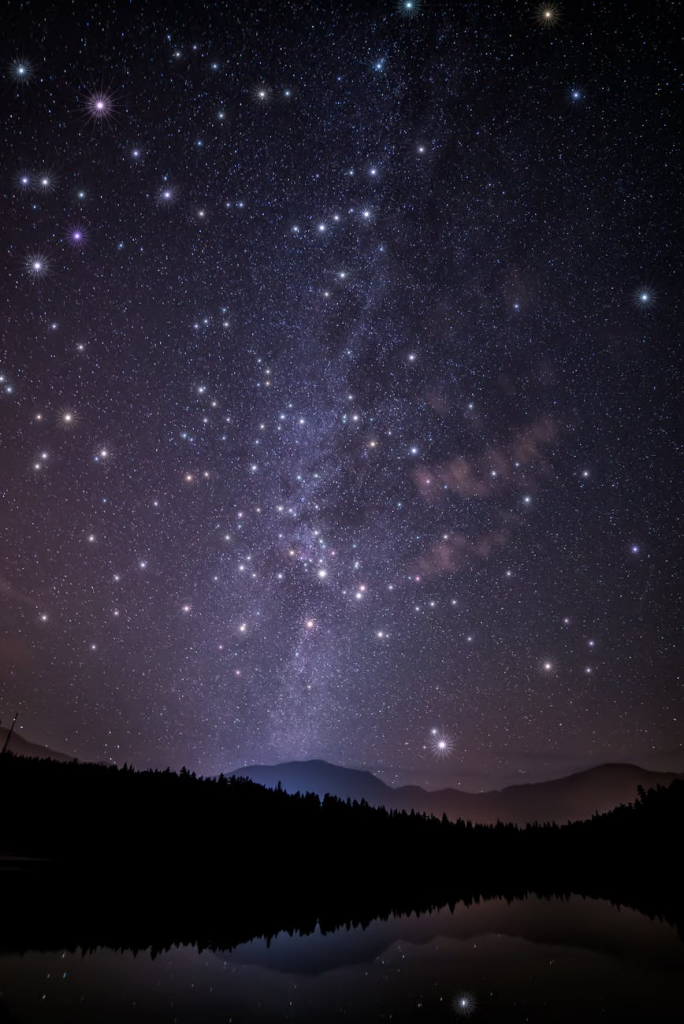
Our ancestors began noticing the stars above millions of years ago. After that, they gradually began to believe that these distant fires could influence life and destiny on earth. The stars and planets, they subsequently concluded, could chart the fortunes of kings and commoners. Likewise, the stars could also decide the fate of nations, cultures, civilisations, languages and societies, for instance. As a result, this belief culminated in the creation of the art and science of astrology.
Historical Roots
The first known and documented system of astrology appears to have been the Babylonian system. It can be traced back to the 2nd millennium BC. For instance, the art of divination is frequently referred to in ancient Babylonian texts. Certainly, by the 16th century BC, astrological predictions based on omens were compiled in a series of works. However, the focus was on the prediction of weather, crop-sowing, harvesting, and some political affairs, in almanac form. For instance, people used them to remember about seasonal tasks. Subsequently, they gradually began to include the fate of cities and nations.
Ancient Beginnings
Egyptian, Persian and Mesopotamian systems contributed to the development of the zodiac. Therefore, they also studied the influences of the sun and how the movement of the planets and stars affected life on earth. For instance, the Egyptian astronomer/astrologer Ptolemy’s work that was a seminal one in this area.
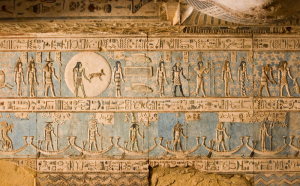
With the Greek conquest of Asia, there came a great blending of traditions. Subsequently, the charting of horoscopes for royalty and the noble-born became popular. Consequently, as Greek society became more democratic, the destinies of commoners and the casting of individual natal horoscopes became popular. Additionally, the lower socio-economic classes encountered itinerant astrologers at fairs and festivals in the countryside. As a result, such influences slowly began to impact all classes of society in Rome and the western world.
Development In India
In India a contrasting system of Vedic astrology began to develop. The earliest evidences found in 2nd millennium BC texts show a close relationship between astronomy and astrology. Although astrology initially concerned itself with the fate of kings, kingdoms and the elite, it moved gradually into the sphere of the common man. Its status was on par with systems of traditional medicine like Ayurveda. As a result, the astrologer often enjoyed a high status in royal households and courts.
Other Systems Around The World
Chinese and Far Eastern systems developed a little later. They are based on a 60-year cycle combining five elements and twelve zodiac animal symbols. Omens and signs played a great role in this system. “When some new dynasty is about to emerge, heaven shows auspicious signs for people to be warned” was the opinion of a famous Chinese astrologer. Pre-Columbian and Mayan civilisations had their own astrological systems.
Modern astrology has its roots in the late 20th century. However, today it focuses mainly on personality traits, compatibility etc and is less deterministic than the ancient systems.
Kings and Queens and The Stars
People considered astrology to be so powerful that only the royal astrologer was allowed to cast the horoscope of a newborn Royal. They considered the horoscope to be a secret dossier that gave information about personality, vulnerabilities, favorable and unfavorable periods etc. As a result, many Royals had two or three birth-dates to confuse their enemies.
Famous Royal Births
The birth of Jesus Christ is rife with astrological references.
Emperor Charlemagne in the 8th century AD had a favorite astrologer at court, known as Alcuin, a scholar from York.

William the Conqueror used Jewish, Arabic and Moorish astrologers to determine his coronation at the auspicious midnight hour in 1066.
For example, the famous astrologer, William of Conches, tutored young Henry II and the Glastonbury Abbey has the zodiac embedded on the floor. Famous scientists like Newton were skilled astrologers.

In 16th century England, Elizabeth I patronised two well-known astrologers. One of them, Dr John Dee, was also an alchemist, magician, astronomer and cartographer. Similarly, another famous English astrologer was William Lilly who predicted the Great Plague and Great Fire more than a decade before they occurred.
Astrology In Indian Mythology
In India, the Ramayana and Mahabharata epics are full of astrological references. For instance, the births of Shri Rama and various other personages have been charted astrologically. Similarly in the Mahabharata, omens and portents, the baneful influences of planets and stars have all been mentioned.
The Mughals were firm believers in astrology. Because of this, Humanyun placed his throne on a planetary diagram depicting the sun and the planets. Abul Fazl cast Akbar’s horoscope.

During the period of the Chola dynasty of South India, people practised a branch called the Naadi astrology.
Modern Astrological Predictions
In the same vein, modern wars and conflicts like the Iraq War, the WTC Towers attack, Vietnam war, Pearl Harbor attack, the Japanese kamikaze fighters, the installation of the Statue of Liberty etc have all been traced to astrological configurations.
Conclusion
In conclusion, astrology evolved from a mundane system that predicted environmental conditions to a sophisticated tool that can be used to analyse personality, traits and the past/present lives of people. Certainly, royals and nobility have used these systems to ensure security and stability in their personal lives and their endeavours.






